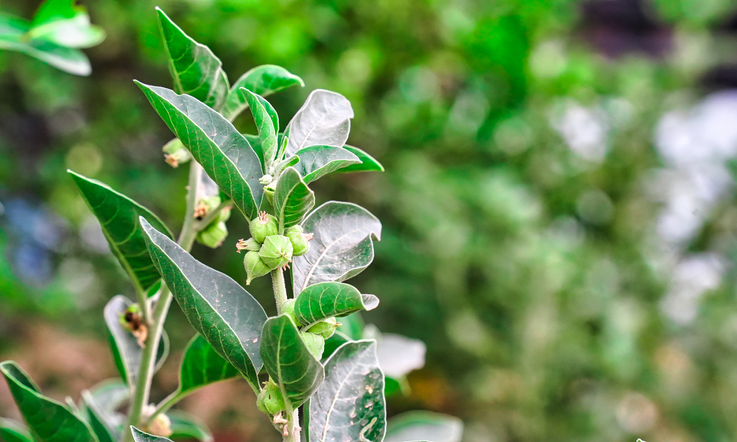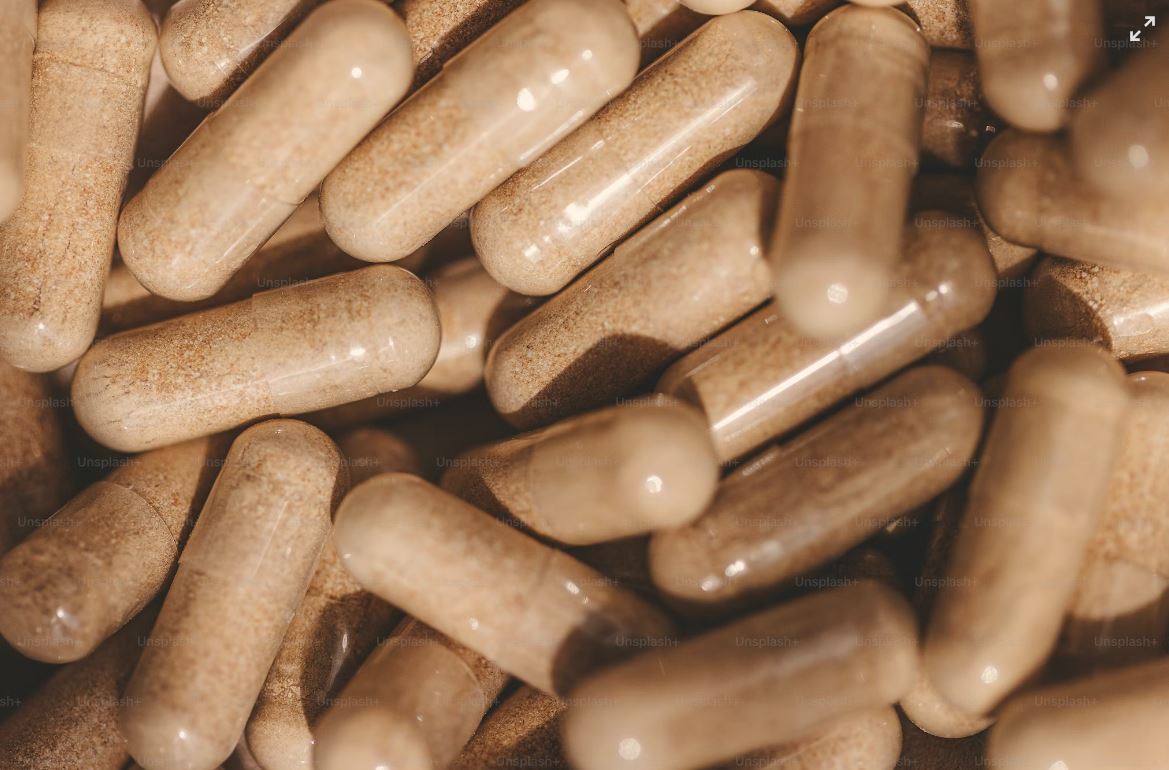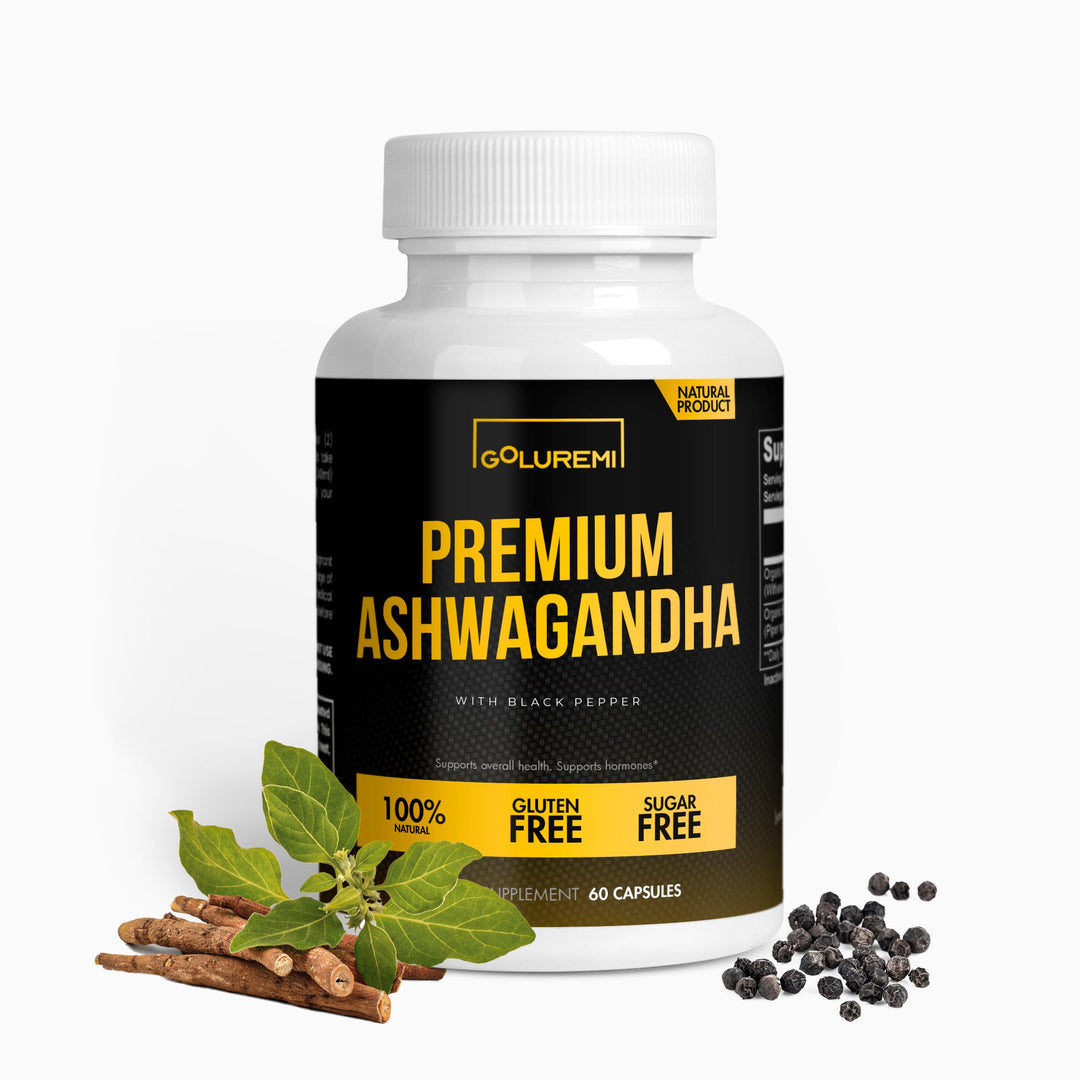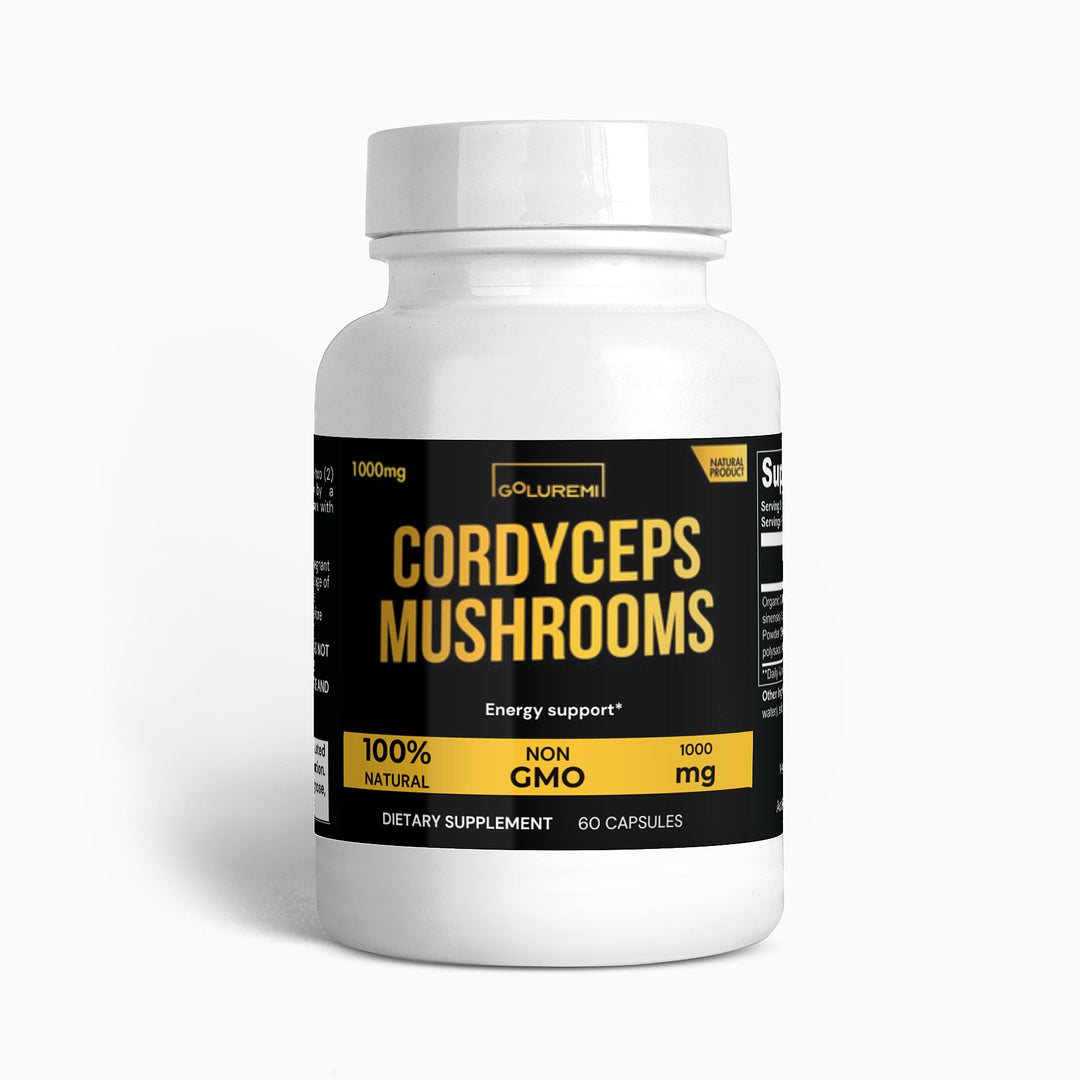ASHWAGANDHA LEAVES - HEALTH BENEFITS

What is Ashwagandha?
Ashwagandha(Withania somnifera) is a little evergreen shrub that is indigenous to areas of Asia, Africa, and Europe. It is utilized as the source of ashwagandha, a plant that is frequently used in traditional medicine in India. Despite not belonging to the ginseng family, this plant is also referred to as winter cherry, dunal, solanaceae, or Indian ginseng.
Other names of Ashwagandha
The Bengali name for this herb is ashwagandha, and it also goes by the names aasogandha and aswangandha in Nepalese and Japanese. Asgandh (Hindi), amukkara (Sinhalese), asgandh valaiti (Unani), bahman (Persian, Arabian), ba-dzi-gandha (Tibetan), kutilad (Pustu), amurkkuralckizhangu (Tamil), winter cherry (English), and blaerebger (Danish) are some of its other frequent names. It is occasionally incorrectly referred to as Ayurvedic or Indian ginseng, despite neither belonging to the Araliaceae or Panax genus of ginseng.
TYPES OF ASHWAGANDHA
Small Ashwagandha
Due to its small shrub, it is known as a "tiny Ashwagandha," although its root is substantial. The impacts of the regional climate have a significant impact in Nagaur, Rajasthan. It also goes by the name Nagauri Asagandh as result.
Large-sized or native Ashwagandha
Despite the shrub's size, its tiny, feeble roots are weak. It typically grows in gardens, hillsides, and fields. Because of its propensity for causing constipation and because it smells like horse poop, it has been referred to in Sanskrit as Baji, or horse.
Ashwagandha should be taken to address the bile shortage. A much of bile can induce anxiety, stomach ulcers, rashes, and acidity, thus persons who already have a lot of bile in their body should use Ashwagandha with caution.
As compared to plants found in forests, ashwagandha grown on farms is of a higher caliber. Ashwagandha plants are believed to be suitable for oil extraction because they live in forests.
The herb comes in the form of a capsule, powder, and liquid extract.
BENEFITS OF ashwagandha leaf
Ashwagandha leaves are said to help the body get rid of toxins and ama (deposited impurities) from the stomach lining, according to Ayurvedic literature. This improves how well your digestive system works and speeds up your metabolism, both of which help you lose weight.
The leaves are used on carbuncles, inflammations, and swellings along with warm castor oil (Ricinis communis, Euphorbiaceae) to get rid of worms. The Masai treat conjunctivitis with leaf juice. Ringworm is treated with freshly bruised berries. To coagulate milk, fruits or seeds are employed. The seeds are employed as a masticatory as well. In Lesotho, a bark infusion is applied externally to treat bedsores and taken internally to treat asthma. In India, the sensitive shoots are consumed as a vegetable.
ASHWAGANDHA CAPSULES FOR SWOLLEN LYMPH NODES
The amazing herbal medicines of Planet Ayurveda are ashwagandha pills. These capsules are made from the herb Ashwagandha's pure extract. The lymphatic system can be strengthened using this herbal treatment for swollen lymph nodes. As a result of its abundance of revitalizing effects, it is of tremendous medical significance in Ayurveda. In cases of enlarged lymph nodes, its antibacterial and anti-inflammatory qualities aid in providing relief.
Natural asthma management aid
Ashwagandha, which is well known for its anti-inflammatory effects, may help control immune system responses that lead to asthma attacks. The plant helps asthmatics breathe easier by relaxing the muscles in their airways.
Ashwagandha may help manage arthritic symptoms by lowering oxidative stress and inflammation.
Reduce fatigue
Ashwagandha is a fantastic herbal cure for exhaustion since it boosts metabolism and balances hormones, both of which are proven to increase energy levels. Ashwagandha can assist increase energy levels and lessen fatigue.
Improve energy levels
It can improve energy levels and brain function in addition to lowering stress and anxiety. It is also a potent adaptogen that improves physical performance and aids the body in coping with stress.
Supports the immune system
Ashwagandha also supports the immune system.
The analgesic and antioxidant properties of the leaves of ashwagandha are used for treating viral infections, cough and cold symptoms, fever, and chronic pain.
Antibacterial & anti-fungal
Several withanolide-like compounds are among the main active ingredients. Assorted plant components, including the roots of Ashwagandha and, less frequently, its leaves and fruits, have been utilised as herbal remedies. The plant has a range of pharmacological properties, including antibacterial properties. For the evaluation of the antibacterial activity of extracts and purified components of different plant sections of Ashwagandha, a wide variety of bacterial and fungal species have been used as test microorganisms.
Anti-aging
The body's tissues are revitalised and renewed by it. In Western herbal medicine, rasayanas are referred to as adaptogens, and both cultures claim anti-aging advantages as a benefit of using them.
Depression and sleep
Sleep and depression are linked in a number of ways. While further research is required, it is evident that depression can affect sleep and that some sleep problems can increase your risk of developing depression. In one study, 66 individuals with schizophrenia who were also dealing with sadness and anxiety were examined to see how ashwagandha affected them. They discovered that participants who took ashwagandha extract at a dose of 1,000 mg per day for 12 weeks experienced higher decreases in anxiety and depression than those who took a placebo.
Don't miss out on the incredible health benefits of Goluremi Premium Endurance Ashwagandha. Elevate your wellbeing, enhance your performance, and take charge of your health today!










